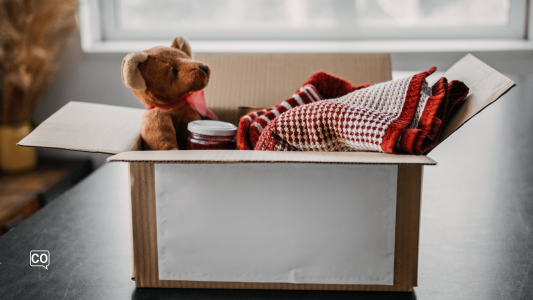Spanish A2.28.2 The Treasure of Childhood Share Copied!
An adult remembers his childhood with nostalgia while exploring a box of old toys.
Cuento corto: El Tesoro de la Infancia
Un adulto recuerda con nostalgia su infancia mientras explora una caja de juguetes antiguos.

A2 Spanish
Level: A2
Module 4: El buen pasado (The good old past)
Lesson 28: Infancia y recuerdos (Childhood and memories)
Teaching guidelines +/- 15 minutes
Audio and video
Text and translation
| 1. | En mi casa guardo una caja llena de juguetes viejos. | In my house, I keep a box full of old toys. |
| 2. | Cada vez que la abro los recuerdos de mi infancia vuelven a mí. | Every time I open it, the memories of my childhood come back to me. |
| 3. | Echo de menos esos días. | I miss those days. |
| 4. | Cuando era niño siempre jugaba con mis amigos en el parque. | When I was a child, I always played with my friends in the park. |
| 5. | Ahora soy adulto y la nostalgia vuelve a mí. | Now I am an adult and the nostalgia returns to me. |
| 6. | Recuerdo cuando mi hermano era solo un bebé. | I remember when my brother was just a baby. |
| 7. | Era un tiempo muy divertido. | It was a very fun time. |
| 8. | A veces salgo a caminar y pienso en cómo todo ha cambiado. | Sometimes I go out for a walk and think about how everything has changed. |
| 9. | La infancia no muere. | Childhood never dies. |
| 10. | Vive en nuestra memoria siempre. | It lives in our memory always. |
Exercise 1: Discussion questions
Instruction: Discuss the questions after listening to the audio or reading through the text.
- ¿Qué hay dentro de la caja que guarda el narrador?
- ¿Qué recuerda el narrador de su hermano?
- ¿Qué siente el narrador cuando recuerda su infancia?
- ¿Tienes algún juguete o objeto de tu infancia que todavía guardas?
- ¿Qué recuerdos te hacen sentir nostalgia y por qué?
Exercise 2:
Instruction: Fill in the correct word.
infancia, muere, divertido, nostalgia, juguetes, memoria
